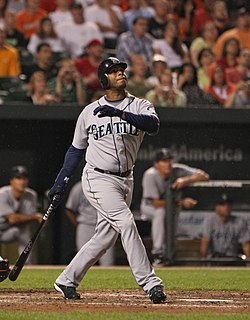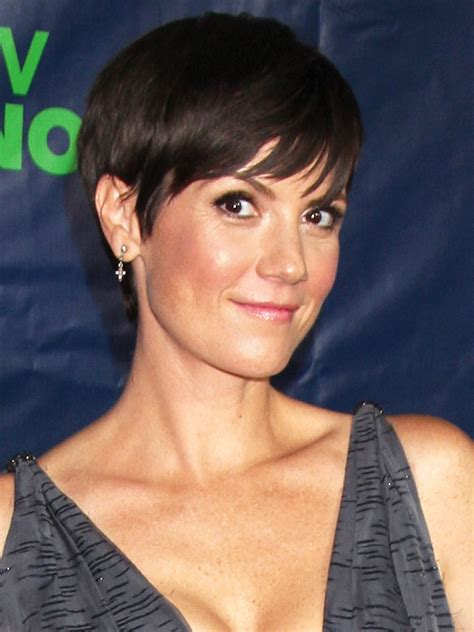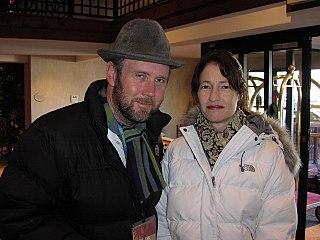A Quote by Sun Tzu
The control of large numbers is possible, and like unto that of small numbers, if we subdivide them.
Quote Topics
Related Quotes
I thought I could start over, you see. But now I know you can never start over. Not really. You think you have control, but you are like a fly in somebody else's web. Sometimes I think that's why I like accounting. All day, you are only dealing with numbers. You add them, multiply them, and if you are careful, you will always have a solution. There's a sequence there. An order. With numbers, you can have control.
The laws of science, as we know them at present, contain many fundamental numbers, like the size of the electric charge of the electron and the ratio of the masses of the proton and the electron .... The remarkable fact is that the values of these numbers seem to have been finely adjusted to make possible the development of life.
The transfinite numbers are in a certain sense themselves new irrationalities and in fact in my opinion the best method of defining the finite irrational numbers is wholly disimilar to, and I might even say in priciple the same as, my method described above of introducing trasfinite numbers. One can say unconditionally: the transfinite numbers stand or fall with the finite irrational numbers; they are like each other in their innermost being; for the former like the latter are definite delimited forms or modifications of the actual infinite.
We live in a digital world where all is available at the touch of a screen. Money has been simplified, changed subtly over time from tangible bills to numbers in cyberspace. Cash is no longer in a cloth bag; it's numbers on a screen. Numbers that can be manipulated and modified. If you run out of numbers, you can just buy some more, right?








































